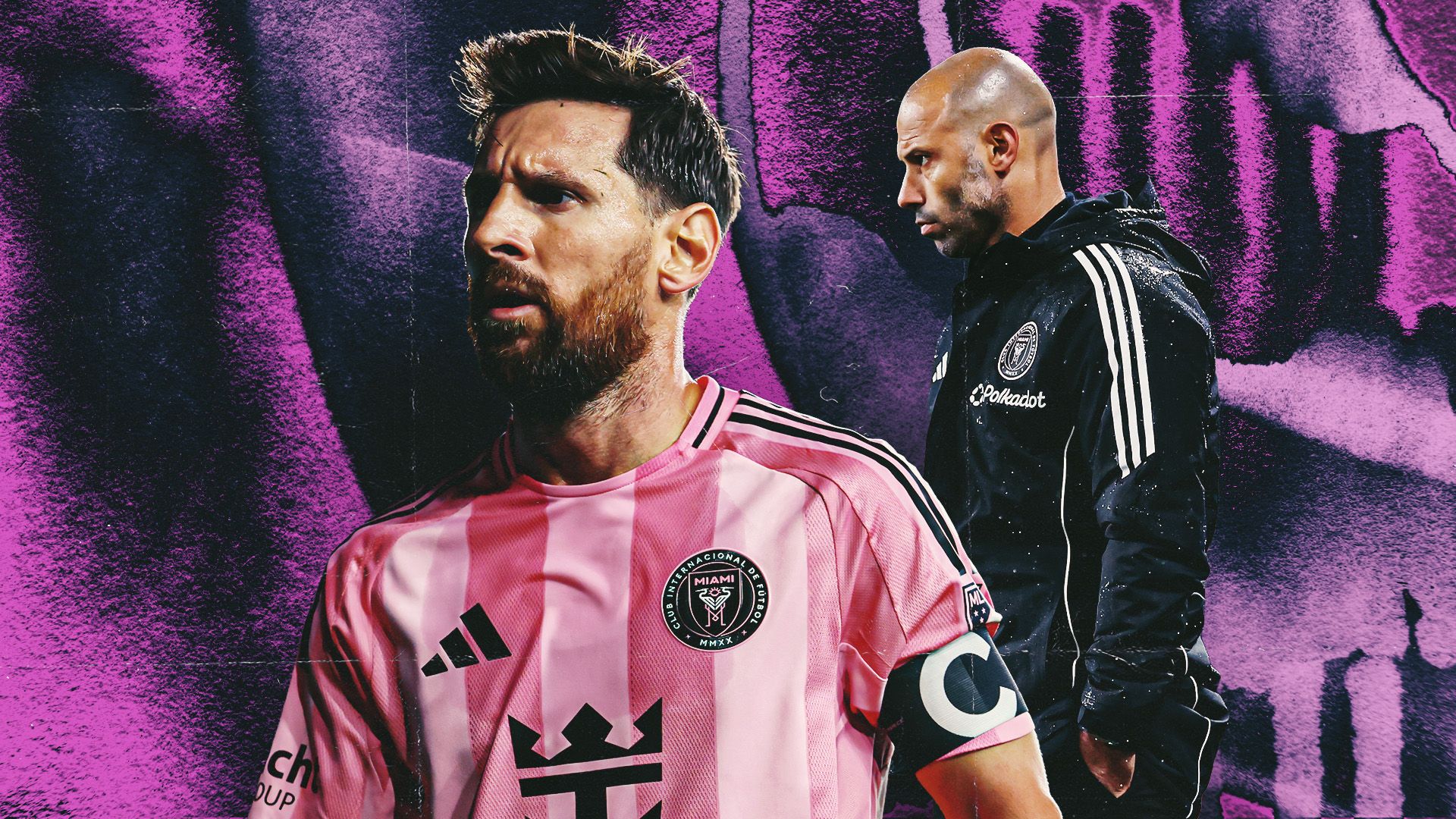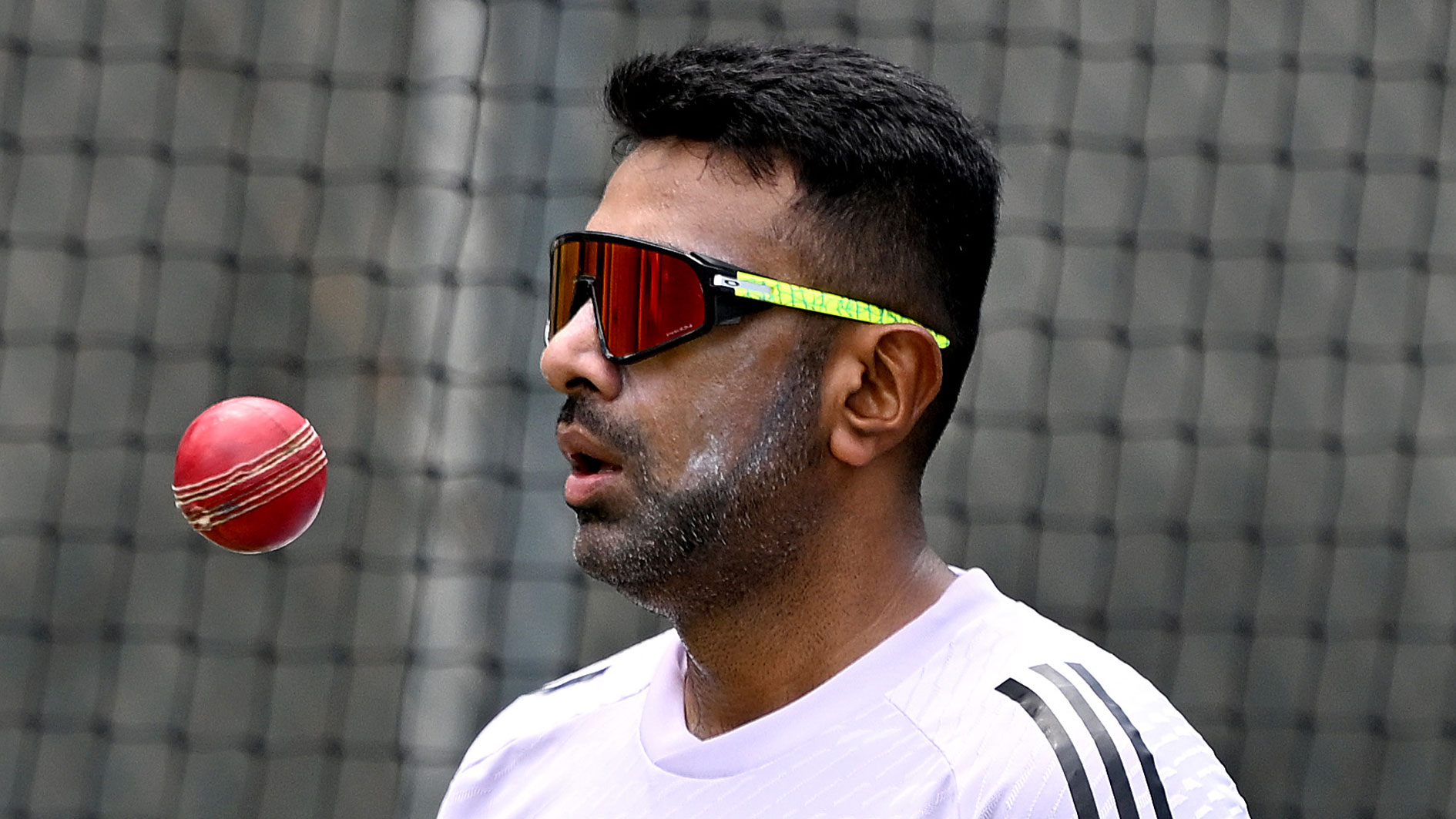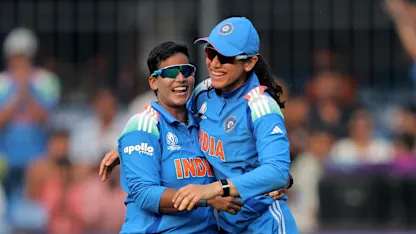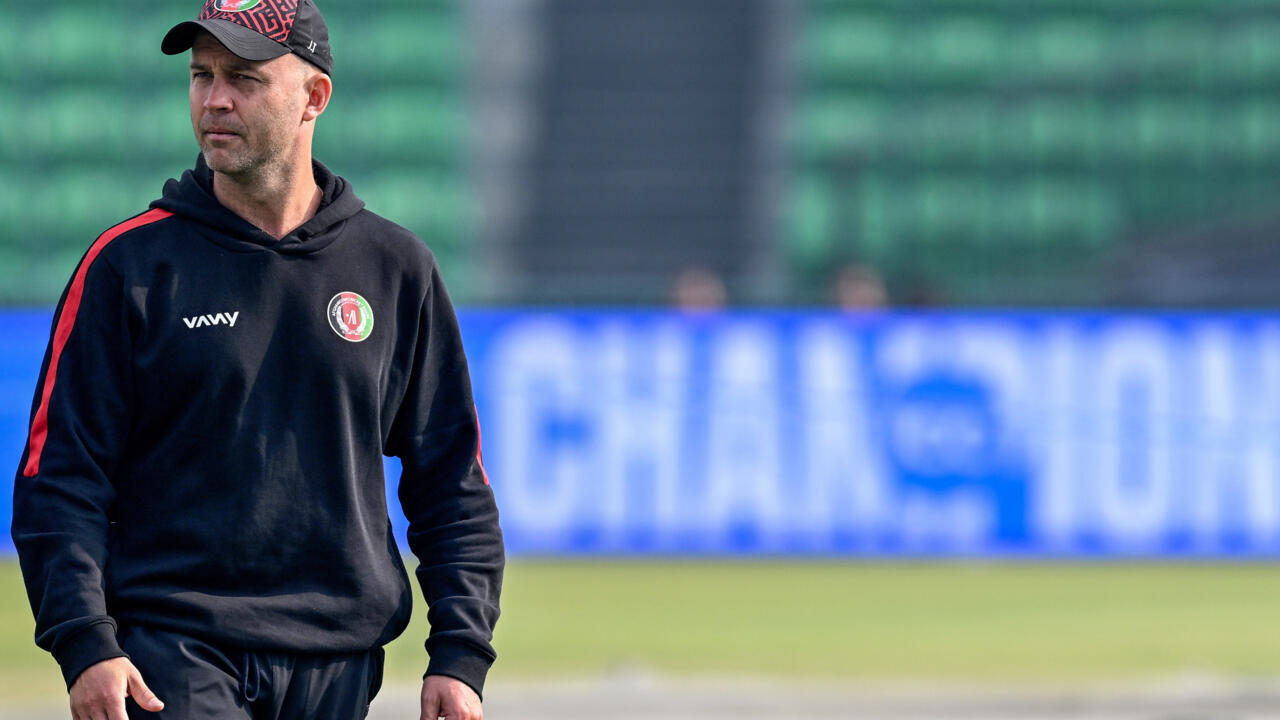Talking Tactics: Inter Miami look vulnerable against Nashville, and even Lionel Messi might not be enough to save MLS Cup hopes

There are some goals that coaches hate to concede.If your side is the victim of sparkling play, intricate move, or one virtuosic piece of skill, there is only so much that can be done. Messi dribbles five Madrid defenders and then slots home at the Santiago Bernabeu? Fine. Diego Maradona rounds the keeper and connects to beat England? Sure. A Cristiano Ronaldo bicycle kick sends you out of the Champions League? Unplayable.But perhaps the one unforgivable goal - in any circumstance - is the long ball over the top. It is, in the modern constructs of soccer, so preventable. Put enough pressure on the passer and it shouldn't be on. Even if you don't, then the defensive line should be organized enough to spring an offside trap. And even if it comes down to that, the goalkeeper should be able to react quickly enough to clear his lines.So much for that. Miami went 0-for-3 against Nashville after just eight minutes Saturday night. Hany Mukhtar received the ball, had time to ponder space, angles, weight, flight, test the direction of the wind and inspect the state of the grass before he launched a ball over the top. The Miami defense stepped forward and then didn't.Sam Surridge, a direct No. 9 who is not known for his speed, scampered in behind. Inexperienced goalkeeper Rocco Rios Novo hesitated. Surrdige rounded him. Rios Novo swept his legs. It was among the easier penalties the referee will ever give. Surridge converted, 1-0, and no one had really broken a sweat.That would be annoying on the best of days for Javier Mascherano. It's a silly goal to concede. The issue is, Miami have been letting up some version of it for months now. In fact, it's how Atlanta United beat them a year ago. Miami have tried to change so many things since then - personnel, formation, the actual manager - but they are so simple to play through.Mascherano, in fairness, tried to counter that against Nashville. So he set up a little more defensively. Sergio Busquets, he realized, does not have the legs to cover ground in an open game. So he asked the defensive midfielder to play as a de-facto third center back, shifting Miami to more of a 5-3-2 than 4-4-2. In theory, that offers a bit more solidity.But there were two problems. The first is that Busquets, for all of his soccer smarts, is not a centerback. He doesn't understand the movements of a backline. He doesn't get how to spring an offside trap. When a large English forward makes a simple diagonal run over his left shoulder, he doesn't have the insticts to coordinate with his two fellow center backs to ensure he's offisde.The second is far more basic. Miami decided, in an interesting stroke of defensive judgement, to not mark the opponent's best player. Mukhtar is a wonderful creative player in a league packed with them, and when he dropped deep to receive the ball, no one tracked him. Luis Suarez didn't get across. Tadeo Allende just watched.The Miami defense, in effect, admired as he played a truly lovely ball over the top. It was a lovely piece of work, but also such a preventable one - especially for a team with MLS Cup ambitions.The second goal was even cheaper. Miami were working their way back into the game. They had a couple of half chances denied. But then, on a corner, lumbering right back Josh Bauer strolled into the box, got ahead of his man, fluffed his lines once, and then had time to recover, poke home, and make it 2-0.By then, Miami were in familiar territory. To be sure, it is a good thing to be able to rally from a deficit, and get back into a game. Comeback victories are noble, character-building and good fun. But there is also something to be said for not allowing yourself to get there in the first place. And Miami tend to be good at working their way into games.But this is the playoffs, and teams tend to not only be quite good but also more tactically drilled than they might otherwise be in the slog of the season. Miami's signature technique to get themselves out of a hole is a reliable one, tried and tested for nearly 20 years on a football pitch by now: get the ball to Lionel Messi. There is nothing wrong with that. In fairness, it's kind of what you have to do.Except Nashville knew this. In his younger years, Messi would be able to counter whatever defensive job was done on him. If he was marked close to goal, he would drop deep. If he was caught in tight spaces, another teammate would make a run to clear them up. There was also the stark reality that you could give a triple teamed Messi the ball and watch him dribble around everyone.But this is Messi at 38, with older legs. He can't truly be stopped, but he can be controlled. And Nashville did just that. After going up 2-0, they were content to let Miami have the ball. The Herons worked all sorts of angles, but seldom got the ball to their main man in any sort of dangerous area. And when he did have it, he was crowded out.Messi doesn't win foot races these days. He also can't quite accelerate away from players like he used to. Nashville prepared for that. By the end of it all, Messi didn't complete a single dribble, and finished with just four touches in their box.A year ago, this would all have been less of a concern. When Suarez first came to MLS, he looked a player reborn. The end of his La Liga tenure and the spell at Gremio had been tough on him. It was an easy assumption that he might retire. But he looked fresh in spring 2024, and made an immense impact in his debut season.There was a sense that, even when Messi wasn't quite firing, Suarez could help out. And indeed, when the Argentine missed more than a month of action with an ankle injury, Suarez provided. He was, back then, a clear second weapon - a guy you had to be equally aware of.Now, though, that's not quite the case. Suarez is still a solid MLS striker, but his numbers have fallen off a cliff. It's not just the goals - he has an agreeable 10 - but the underlying stuff. He is underperforming his expected goals tally. His shots on target per 90 minutes has halved, while the volume has stayed more or less then same.Suarez has outperformed his statistical assumptions - the mark of a good striker - in six of his last seven seasons. This one, he is underperfoming them for the first time since 2018. The result is that defenders can cheat a little. Suarez still needs marking, but you can afford to give him a little extra space.The ground can be covered to close him down. He certainly isn't running in behind anymore. His 10 assists certainly count for something, but Suarez, the goal threat, is no longer quite there.So we return to that split second in the 89th minute. This is the problem with playing against Messi. You can do everything right for pretty much every second. You can give him nothing and, in effect, mark him out of the game. But like so many greats, he just needs half a yard to make something happen. And it's what Miami rely on.This iteration of the team is better. Rodrigo De Paul is an excellent all-round midfielder. Allende offers real purpose in his running. Alba can still scamper. There are other pieces at play here. But ultimately, it comes down to Messi. And why wouldn't it? He is the presumptive back-to-back MLS MVP with eight Ballons d'Or. He is the one who you want on the ball in the big moments.But Nashville showed how he could be controlled. And at the same time, they proved that Miami can be scored on, over and over again. So, yes, Miami should probably still win this series. It would be no surprise to see Messi turn it on, find another gear, and the Miami defense do just about enough to let his magic carry them again.Yet they could just as easily lose it. And even if Nashville doesn't beat them, it looks an awful lot like someone else will be able to.















